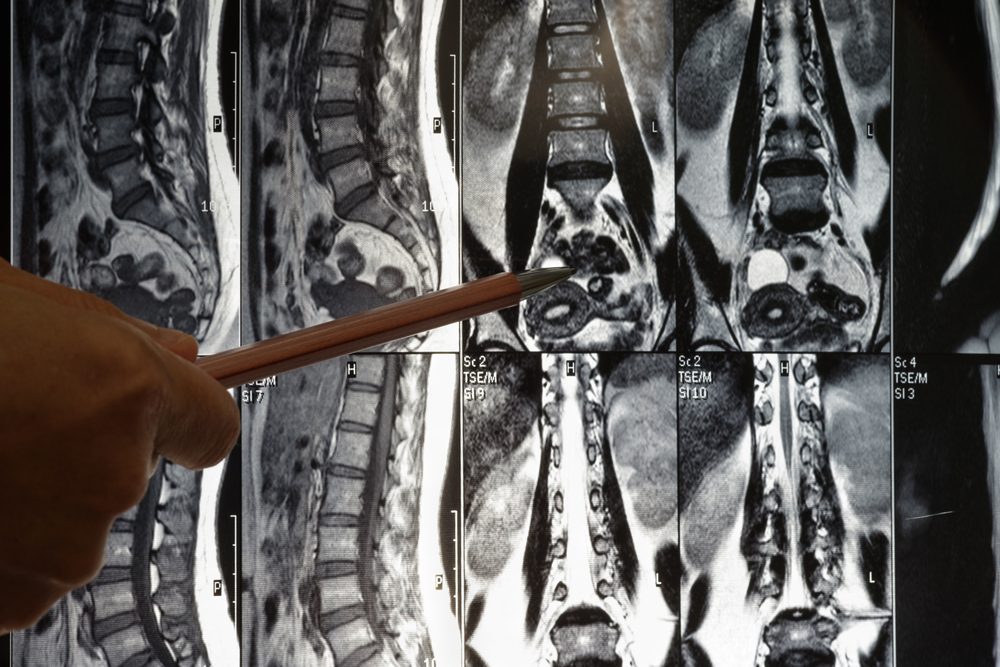No matter who you are, what you eat affects your health. Fueling your body with good food ensures that it can function at it’s very best. We often get used to certain types of foods and the quantity of those foods that make us feel our best. But, after a spinal cord injury our life and our body can change, forcing us to adjust our habits.
These changes and adjustments can affect your diet. Spinal Cord Injury Ontario outlined in their Nutrition after SCI Series how bad diets usually follow spinal cord injuries. They mentioned that changes in economic status, transportation, digestion, food preparation challenges and the nutrient values associated with comfort food contribute to the development of poor diets after spinal injury.
But the period after experiencing a spinal injury is a crucial time to give your body what it needs to heal. Nutrition, the fueling of your body with the nutrients in what you choose to eat, has a major affect on your health. Ensuring that you are eating an appropriate diet after your injury can help your body to avoid, or reduce the effects of secondary health complications.
Some health complications that can follow a spinal cord injury are pressure ulcers, pain and inappropriate bladder management, as well as increased risks of developing other medical concerns like diabetes, elevated cholesterol, weight gain and osteoporosis.
Avoiding any possible secondary health complications, or using your diet in order to minimize them or make them easier to deal with can be beneficial for your overall and long-term health—which can make your recovery journey a little easier. The food you consume has a major impact on many of these secondary health complications.
There are many great resources available to help you educate yourself on the effect a spinal injury has on your health and the dietary changes you can make to help alleviate the negative effects. For example, the Spinal Cord Injury Ontario Nutrition after SCI Series (as mentioned before) breaks down nutritional information by secondary health complication, including weight, pressure sores, cardiovascular disease as well as bowel and bladder issues. Also, the University of Washington’s report on Everyday Nutrition for Individuals with Spinal Cord Injury breaks down dietary information after a spinal injury.
Seeking out advice on how your diet should adjust after your injury, including what, when and how much you should be eating, is valuable information that can help you improve your overall health. While there is lots of information available online when it comes to how you should change your diet, getting professional advice can ensure that you are making the right dietary choices in your specific case.
Do your research and speak with your doctor about reaching out to a registered dietitian for guidance. They can ensure that you are on the right track. With the number of changes already in your life that come with a spinal injury changing your diet can be difficult. But even though transforming your diet can be overwhelming, making changes gradually can help you ease into the process and make your diet changes less difficult.
After a spinal injury, your first priority should be your recovery. We can help you focus on your health by taking care of the legal part of your recovery journey.
Fast dial #1000 free from your cell and we’ll get you the support you need.






